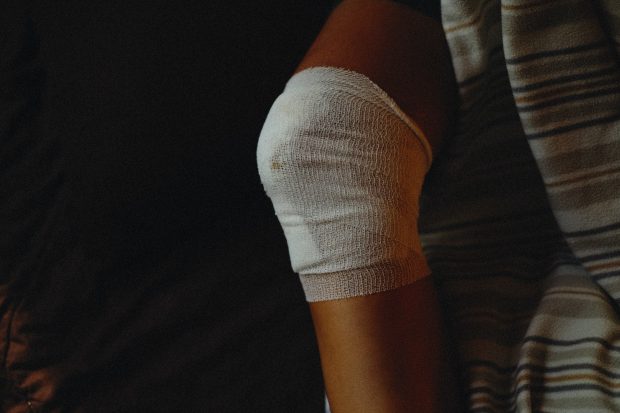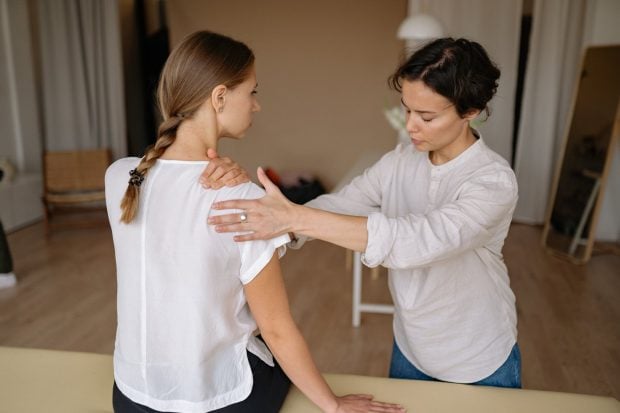
Recovering from a physical injury can be a challenging and frustrating experience. Injuries can significantly impact our daily lives and hinder our overall well-being, whether it’s a broken bone, a sprained muscle, or a torn ligament. However, by adopting a holistic approach to recovery, we can better our health and enhance the healing process. In this guide, we will explore various strategies and tips to help you on your journey toward better health after a physical injury.
Understanding the Injury
The first step in bettering your health after a physical injury is to understand the nature and severity of the injury. Seeking professional medical advice and diagnosis is essential to determine the appropriate course of action. Consult with healthcare professionals who specialize in treating your specific type of injury. Be thorough in describing your symptoms and ask questions to ensure you clearly understand the injury and the recovery process ahead.
Rest and Recovery
Rest is crucial for the body to heal after an injury. It allows damaged tissues to repair and reduces the risk of further complications. Make sure to prioritize getting enough sleep, as it plays a vital role in the healing process. Create a conducive environment for rest by ensuring your bedroom is comfortable, quiet, and free from distractions. Consider using pillows or supports to elevate injured areas and promote better circulation.
Nutrition and Hydration
Proper nutrition plays a significant role in the recovery process. Consume a balanced diet rich in vitamins, minerals, and protein to aid in tissue repair and strengthen the immune system. Include foods such as leafy greens, fruits, lean meats, and whole grains in your meals. Additionally, stay hydrated by drinking plenty of water throughout the day. Proper hydration helps transport essential nutrients to the injured area and promotes overall healing.
Physical Rehabilitation
Physical rehabilitation, a key aspect of the recovery process after a physical injury, often involves the utilization of physical therapy services. Physical therapists are healthcare professionals who diagnose and treat individuals of all ages with various medical problems or injuries. They are movement experts who evaluate patients and develop personalized plans of care to help improve their physical abilities and overall well-being. Physical therapy aims to maintain, recover, or enhance physical function through exercises, manual therapies, and other modalities.
Whether it’s recovering from an injury, managing chronic pain, or improving mobility, physical therapy services can provide valuable support and guidance on the journey toward better health. By seeking the expertise of a physical therapist, individuals can learn more about physical therapy services that best fit their specific condition, receive tailored treatment, and gain the knowledge and skills needed to optimize their recovery and long-term well-being. Thus, work closely with a physical therapist specializing in your injury. Follow their guidance and diligently perform the prescribed exercises and techniques. Consistency and patience are key to achieving optimal results.
Mental and Emotional Well-being
Physical injuries can take a toll on our mental and emotional well-being. It’s normal to experience feelings of frustration, stress, anxiety, or even depression during the recovery process. Prioritize self-care activities that promote relaxation and stress reduction. Practice deep breathing exercises, meditation, or engage in hobbies that bring you joy. Seek support from friends, family, or mental health professionals if needed. Remember, taking care of your mental and emotional well-being is just as important as healing your physical body.
Gradual Return to Physical Activity
While rest is crucial during the initial stages of recovery, it’s equally important to gradually reintroduce physical activity as the injury heals. Rushing the process can lead to setbacks or reinjury. Consult with your healthcare professional or physical therapist to develop a personalized plan for safely returning to physical activity. Start with low-impact exercises and gradually increase the intensity and duration as your body allows. Listen to your body and modify activities if necessary.
Building Long-Term Habits
The journey towards better health doesn’t end after the recovery period. It’s essential to incorporate healthy habits into your everyday life to reduce the risk of future injuries. Regular exercise, proper nutrition, and self-care practices should become a part of your routine. Engage in activities that strengthen muscles, improve flexibility, and enhance overall fitness. Prioritize preventive measures, such as wearing protective gear when engaging in high-risk activities.
Recovering from a physical injury requires a multifaceted approach that addresses both the physical and mental aspects of healing. By understanding your injury, resting properly, nourishing your body, engaging in physical rehabilitation, prioritizing mental and emotional well-being, gradually returning to physical activity, and building long-term healthy habits, you can better your health after a physical injury. Remember to always consult with healthcare professionals for personalized advice and guidance. Your commitment and perseverance will pave the way for a successful recovery and a healthier future.




